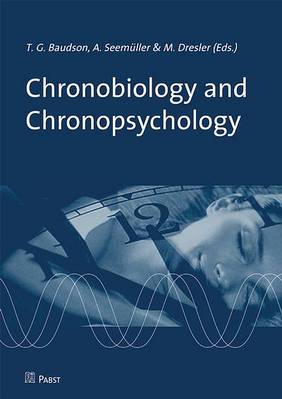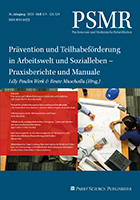"Time can be regarded as a scarce resource of our lives. If we enjoy living, time is positive but limited. If we experience mourning or pain, one says that time is a great healer. Although time is therefore positive, a solid limitation of human happiness lies within subjective time," Professor Dr. Arnold Hinz (Heidelberg) explains in his study "Is there an antihedonistic tendency in subjective time?"
"One reason lies in the fact that lifetime is restricted, the other reason has to do with a law governing our experience of time. The duration of subjective time seems to be exactly opposed to our subjective wishes. Risenzweig and Koht formulated the following law of subjective sense of time: ´Duration is subjectively long when we want it to be short, and short when we want it to be long.´
If this law provides an adequate description of our subjective sense of time, one can regard it as an indication of an antihedonistic tendency in subjective time, which then is an important source of human misery. Antihedonistic means that the experience of creeping time in misery and of accelerating time in bliss harms human happiness and satisfaction."
Arnold Hinz corroborates in his experimental study the law. "But under the threat of death and under the influence of drugs, this antihedonistic tendency is eliminated."
The study appeared in the multidisciplinary textbook:
T.G. Baudson, A. Seemüller, M.Dresler (Eds.) Chronobiology and Chronopsychology.
Pabst, 156 pages, ISBN 978-3-89967-586-3























